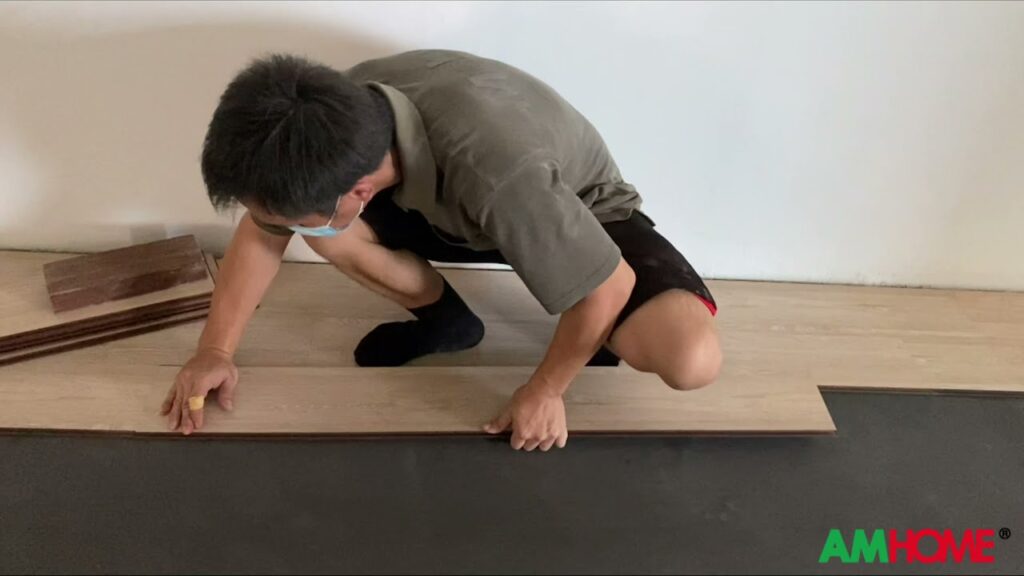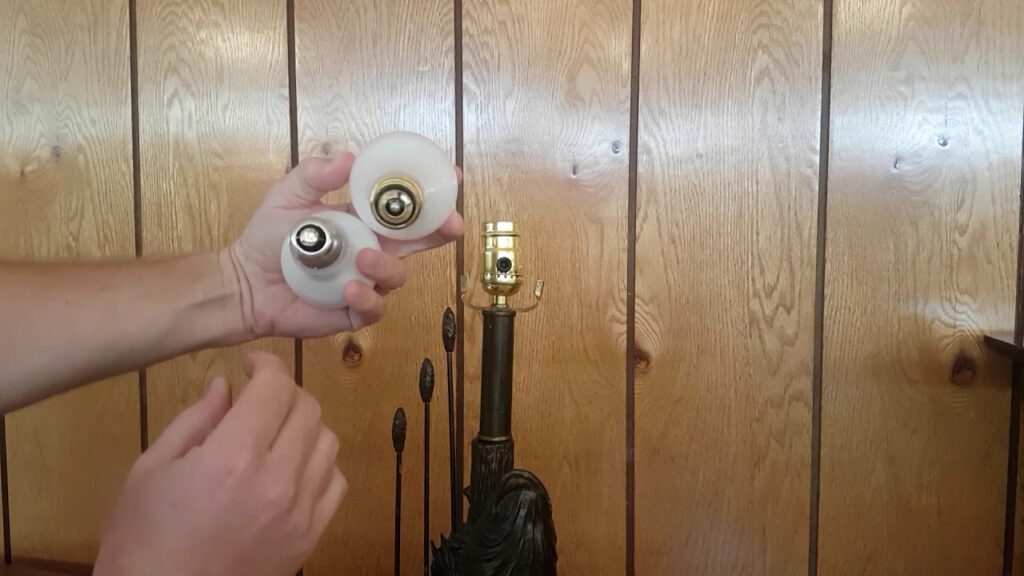Understanding the Different Types of Bamboo Flooring
When it comes to bamboo flooring, there are several types to choose from based on your specific needs and preferences. The most common types include solid bamboo flooring, engineered bamboo flooring, and strand-woven bamboo flooring.
Solid bamboo flooring is made from solid pieces of bamboo that are milled into planks. It is known for its natural beauty and durability, making it a popular choice for homeowners seeking an eco-friendly and sustainable flooring option.
Engineered bamboo flooring is constructed with a thin layer of bamboo on top of layers of other wood or materials. This type of flooring provides added stability and is less susceptible to moisture and temperature changes, making it suitable for areas with higher humidity levels.
Strand-woven bamboo flooring is made by compressing bamboo fibers together under high pressure, resulting in a highly durable and hardwearing flooring option. It is an excellent choice for high-traffic areas and provides a unique modern look due to its dense and sturdy nature.
With these different types of bamboo flooring available, it’s important to consider factors such as durability, appearance, and maintenance when selecting the most suitable option for your space. Each type offers its own set of benefits, so understanding their differences can help you make an informed decision for your flooring needs.
Factors to Consider When Choosing Bamboo Flooring
When selecting bamboo flooring for your home or business, it’s essential to consider several factors to ensure you make the right choice for your space. One crucial factor to keep in mind is the type of bamboo flooring. There are various options available, including solid bamboo, strand-woven bamboo, and engineered bamboo. Each type has unique characteristics in terms of durability, appearance, and cost, so it’s important to weigh these factors against your specific needs and preferences before making a decision.
Another critical consideration is the quality of the bamboo flooring. The quality can vary significantly between different manufacturers and suppliers, so it’s essential to do thorough research and choose a reputable and trustworthy provider. Look for certifications such as the Forest Stewardship Council (FSC) to ensure that the bamboo flooring has been responsibly sourced and meets certain environmental and ethical standards.
Furthermore, it’s important to consider the environmental impact of the bamboo flooring. Bamboo is known for being a sustainable and eco-friendly flooring option, but it’s still crucial to ensure that the product you choose has been manufactured in an environmentally responsible manner. Look for certifications such as the FloorScore label, which indicates that the flooring meets strict indoor air quality standards.
In addition to these factors, it’s important to consider the overall aesthetic of the bamboo flooring, including the color, texture, and finish. Bamboo flooring comes in a range of options, from light natural hues to darker stains, and the choice should complement the design and style of the space where it will be installed.
Considering these factors and taking the time to research and compare different options will help you make an informed decision when choosing bamboo flooring for your home or business.
Where to Find Reliable Bamboo Flooring Suppliers
When considering bamboo flooring for your home or business, it’s essential to find reliable suppliers who offer high-quality products and excellent customer service. Fortunately, there are several avenues through which you can find reputable bamboo flooring suppliers.
One of the best ways to find reliable bamboo flooring suppliers is by conducting thorough research online. Utilize search engines and visit reputable business directories to identify suppliers with positive reviews and a strong reputation in the industry. Look for suppliers that offer a range of bamboo flooring options, including different styles, colors, and finishes to suit your specific needs.
In addition to online research, visiting home improvement and flooring stores can also help you find reliable bamboo flooring suppliers. Many reputable suppliers have established partnerships with these stores, providing you with the opportunity to view and feel the quality of their products in person. This allows you to ask questions, compare different options, and make informed decisions about which supplier to work with.
Furthermore, seeking recommendations from friends, family, or colleagues who have installed bamboo flooring can lead you to reliable suppliers. Personal references can provide valuable insights into the quality of the products, the level of customer service, and the overall experience of working with a particular supplier. Word-of-mouth recommendations can help you find trustworthy suppliers that others have had positive experiences with.
In summary, finding reliable bamboo flooring suppliers involves thorough online research, visiting local stores, and seeking recommendations from trusted sources. By utilizing these methods, you can ensure that you are working with a supplier who offers high-quality bamboo flooring and exceptional customer support.
Comparing Prices and Quality of Bamboo Flooring Products
When it comes to bamboo flooring, comparing prices and quality is essential to make an informed decision. The cost of bamboo flooring can vary widely depending on factors such as the quality of the materials, the manufacturing process, and the brand. It’s important to consider the long-term durability and sustainability of the product in addition to the upfront cost.
One way to compare prices is to research different suppliers and brands to get an idea of the average cost per square foot. Keep in mind that lower prices may indicate lower quality, so it’s important to carefully review the specifications and warranties offered by each product. Additionally, consider the installation costs and any additional materials or services required to ensure an accurate price comparison.
In terms of quality, look for bamboo flooring products that are sourced from sustainable resources and adhere to industry standards for hardness and durability. Pay attention to the manufacturing process, including the use of formaldehyde-free adhesives and environmentally friendly finishes. Reading customer reviews and seeking recommendations from flooring professionals can also provide valuable insights into the quality of different products.
Ultimately, striking a balance between price and quality is key when choosing bamboo flooring products. By carefully evaluating the cost and durability of the options available, you can make a well-informed decision that meets both your budget and quality requirements.
Ensuring Proper Installation and Maintenance of Bamboo Flooring
Proper installation of bamboo flooring is crucial for its long-term durability and aesthetic appeal. Before beginning the installation process, it’s essential to acclimate the bamboo flooring to the environment where it will be installed. This helps prevent issues such as warping and shrinking after installation.
During the installation, ensuring a level and clean subfloor is imperative. Any unevenness or debris left on the subfloor can lead to problems with the bamboo flooring over time. It’s also important to follow the manufacturer’s guidelines regarding the installation method, whether it’s nail-down, glue-down, or floating installation.
Once the bamboo flooring is installed, proper maintenance is essential for preserving its beauty and preventing damage. Regular sweeping and occasional damp mopping can keep the flooring free from dirt and grime. It’s important to avoid using excessive water or harsh cleaning chemicals, as these can damage the bamboo material.
Additionally, placing doormats at entryways and using furniture pads can help prevent scratches and dents on the bamboo flooring. Periodic inspection for any signs of wear or damage is also recommended, as addressing issues early can prevent larger problems down the line.


